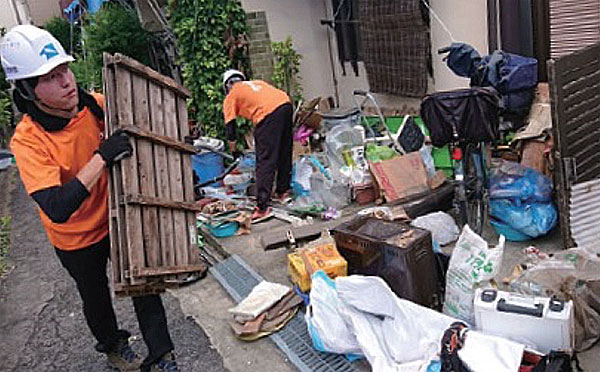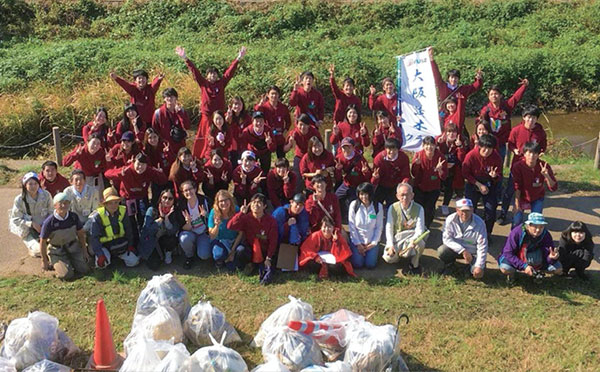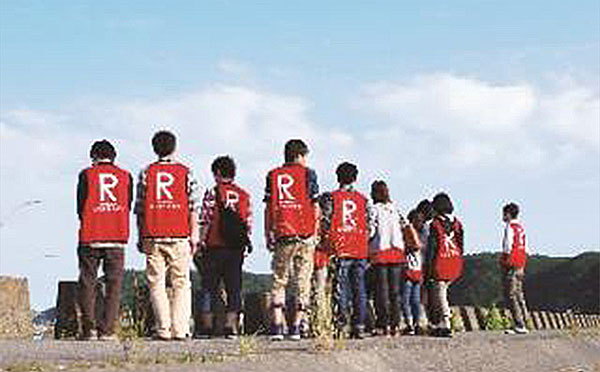Peer Support







- Home
- Peer Support
A Method Through Which Students Grow as Individuals While Supporting Each Other
The term “peer” refers to colleagues and students from the same year level. Ritsumeikan University has its own “peer support” system in which students support and help each other in their studies and student life. The following are typical examples of the types of “peer supporters” who carry out peer support activities.
Oritor and Enter (Orientation Conductors and “Class Enter”)
These are peer support activities designed to aid first-year students’ transition to university student life and self-governing activities, as well as to support their adjustment to learning at university in line with the conditions of their college of enrollment.
TA and ES (Teaching Assistants and Educational Supporters)
These are graduate students and senior students in some courses who assist teachers in managing classes (see “Small-group Classes”).
Study Abroad Support Organization “Mairu”, Study Abroad Supporters
As students who have already studied abroad, these individuals support junior students who are aiming to study abroad or will study abroad in the future. They share information about study abroad destinations and the classes students can take.
BBP (Beyond Borders Plaza) Student Staff
These individuals manage the BBP, a place where students of different nationalities, languages, and backgrounds can meet and learn from each other while making the most of their perspectives as students. They also practice mutual international exchange with users.
Tutors for International Student Assembly (TISA)
These students support international students in their daily lives and studies, and manage projects that further cultural exchange.
Library Staff
These individuals promote the use of the library by improving the library learning environment and implementing library projects that allow students to learn from each other.
Disability Resource Center Support Staff
These individuals provide classroom support to students with disabilities and hold events related to their support activities.



Service Learning (Volunteering as Learning)
Service Learning is a learning method that combines learning at a university and solving various social problems through concrete practical activities (fieldwork) carried out in society and the community. Servicelearning at Ritsumeikan University consists of a combination of regular courses and extracurricular programs. Among general education courses, we offer service learning courses such as “Volunteering and Democratic Society” (現代社会とボランティア) and “Introduction to Civil Society Action Research” (現代社会のフィールドワー ク).
The Service Learning Center supports student volunteer activities with their network which has connections with community organizations, NPOs, NGOs, as well as local social welfare councils and social welfare corporations in Kyoto, Shiga, and Osaka. They also provide support through regular classes (service learning courses) and extracurricular programs (programs outside of class).

